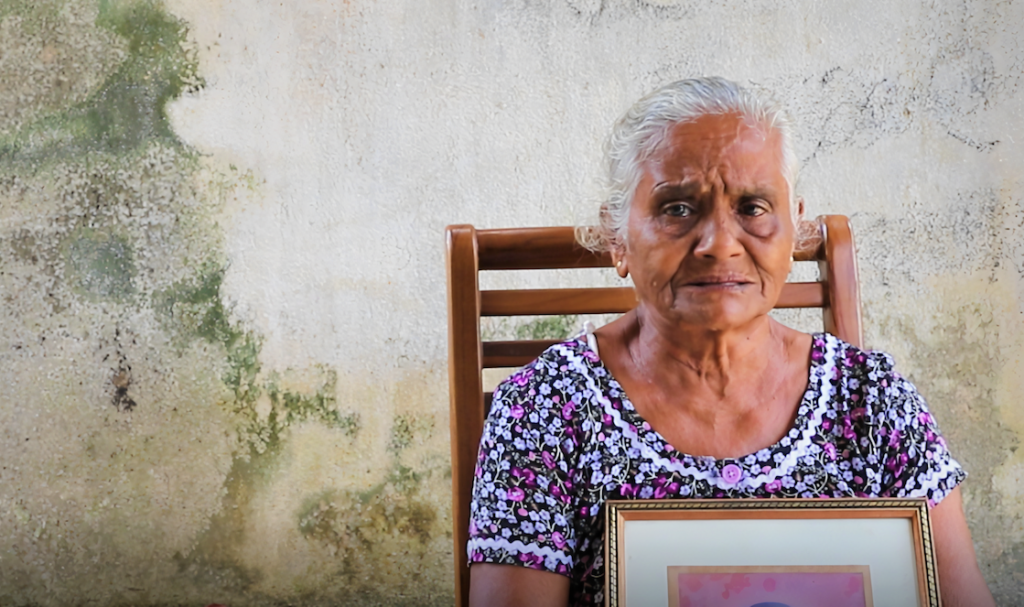Today is the International Day for the Right to the Truth Concerning Gross Human Rights Violations and for the Dignity of Victims
On March 24, 1980, Archbishop Oscar Arnulfo Romero of El Salvador was saying mass in his church when he was brutally gunned down in front of a horrified congregation. The Archbishop of San Salvador had been a staunch supporter of his country’s poor and oppressed, speaking out against poverty, social injustice, assassinations and torture amid an escalating war between leftwing and right wing forces in his country. He is believed to have been murdered by a right wing assassination squad.
A year earlier Archbishop Romero had been nominated for the Nobel Peace Prize and in 2018, the Catholic church made him a saint.
In 2010 the United Nations General Assembly proclaimed March 24 as the International Day for the Right to the Truth Concerning Gross Human Rights Violations and for the Dignity of Victims in recognition Archbishop Romero’s role in the defence of human rights.
“The Office of the UN High Commissioner for Human Rights concluded that the right to the truth about gross human rights violations and serious violations of human rights law is an inalienable and autonomous right, linked to the duty and obligation of the State to protect and guarantee human rights, to conduct effective investigations and to guarantee effective remedy and reparations.
“The right to the truth is often invoked in the context of gross violations of human rights and grave breaches of humanitarian law. The relatives of victims of summary executions, enforced disappearance, missing persons, abducted children, torture, require to know what happened to them. The right to the truth implies knowing the full and complete truth as to the events that transpired, their specific circumstances, and who participated in them, including knowing the circumstances in which the violations took place, as well as the reasons for them.”
It is a tragic truth that since 1971, Sri Lanka has had more than its fair share of gross human rights violations and that victims and survivors have had very little support or restitution from the state. In fact, in the case of relatives of the disappeared, they are threated and intimidated for continuing their quest for justice.
While both the state and non-state actors such as the LTTE and the JVP have been guilty of large scale human rights violations, it is the duty and responsibility of the state to protect and support its citizens, adhering to national and international law.
The failure of successive governments to deal with past injustices and violations of human rights culminated in the March 23 resolution of the UN Human Rights Council calling on Sri Lanka to protect the rights of its people and ensure accountability and justice.
“This is a significant move by the Human Rights Council, which signals a shift in approach by the international community. Years of support and encouragement to Sri Lanka to pursue justice at the national level achieved nothing. This resolution should send a clear message to perpetrators of past and current crimes that they cannot continue to act with impunity,” said Hilary Power, Amnesty International’s representative to the UN in Geneva.
Two insurrections and a 26-year civil war have left many thousands of grieving relatives both in the north and the south. Here is the story of H. Pabawathi, who still seeks justice for her son who disappeared more than 30 years ago.
Seventeen year-old Ajith Samantha Pushpakumara was abducted in January 1989. He was beaten and taken by the Rathgama police along with four other boys. He was about to sit for his school exams.
“I am looking for justice and the truth about what happened to my son. I also need compensation. I spend Rs. 5,000 each month on medicines, tests and hospital visits because I suffer from high blood pressure and cholesterol,” Pabawathi said, hugging her son’s framed photograph and wiping the tears from her eyes.
Pabawathi, who has marched alongside Mahinda Rajapaksa demanding justice for the families of the disappeared, has visited the Rathgama police station, the Boosa army camp and the Anuradhapura army camp but she and the other mothers who went with her were abused and chased away. They filed a case in a Colombo court but the perpetrators never appeared.
Her parents died because of the pain and suffering they endured after her son was taken. Pabawathi also lost her husband to the tsunami. The youngest of her three daughters takes care of her. She earns a small income from peeling coconut fronds.
Watch Pabawathi relate her story to Groundviews in the video below:
Editor’s note: Also read Decades on, Southern Mothers of the Disappeared Look for Truth, Justice and Relief
